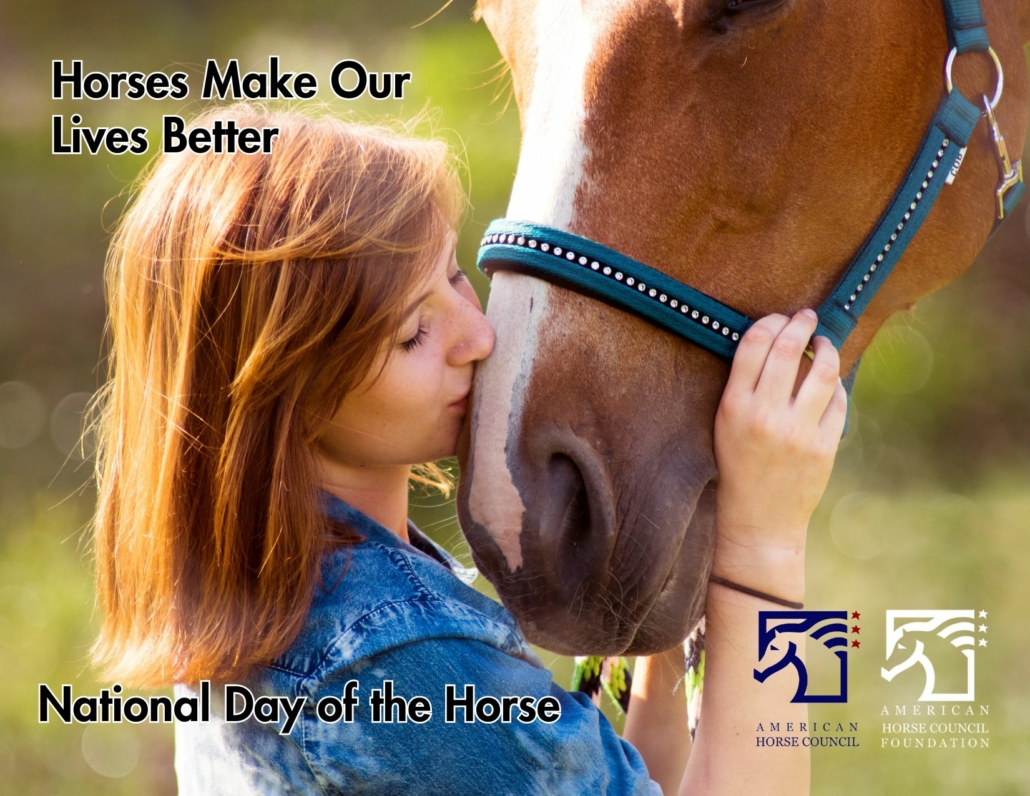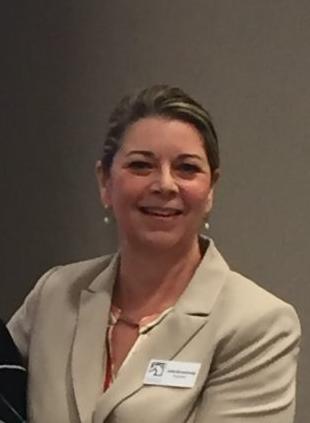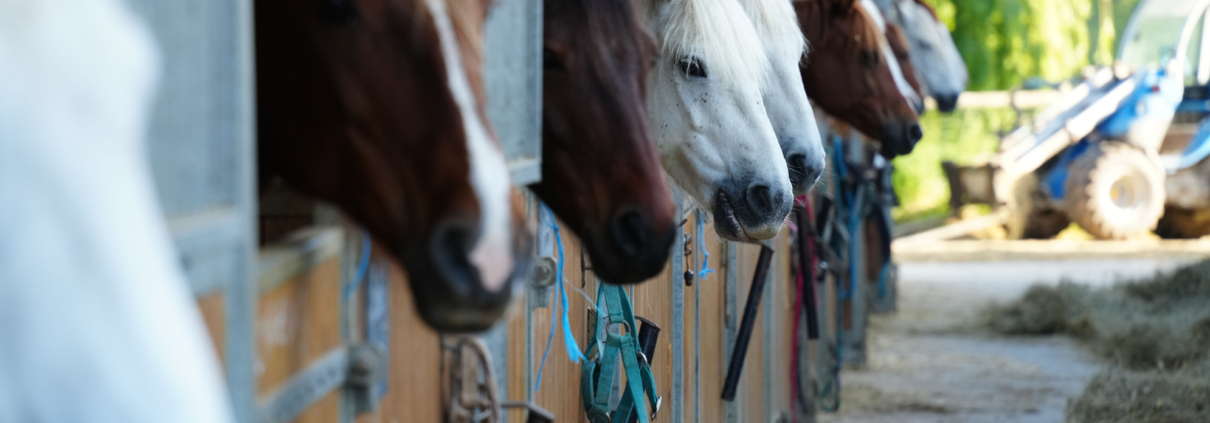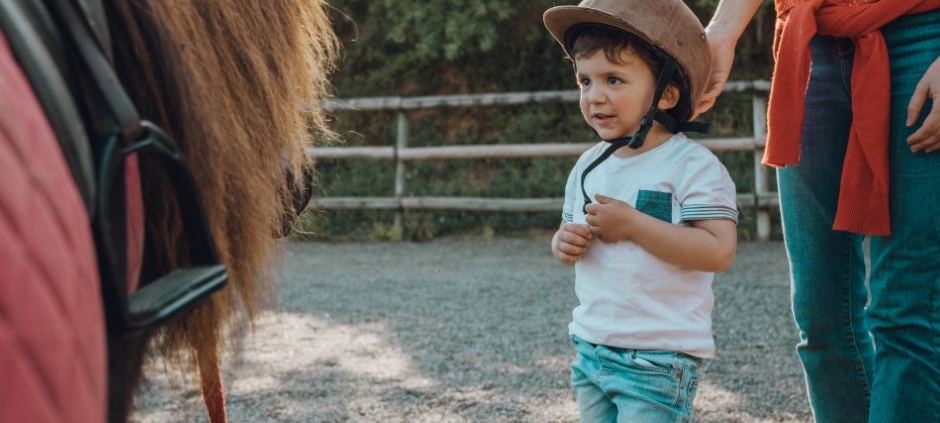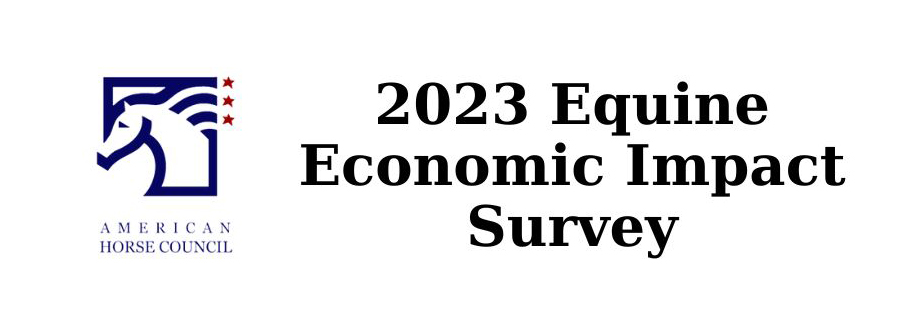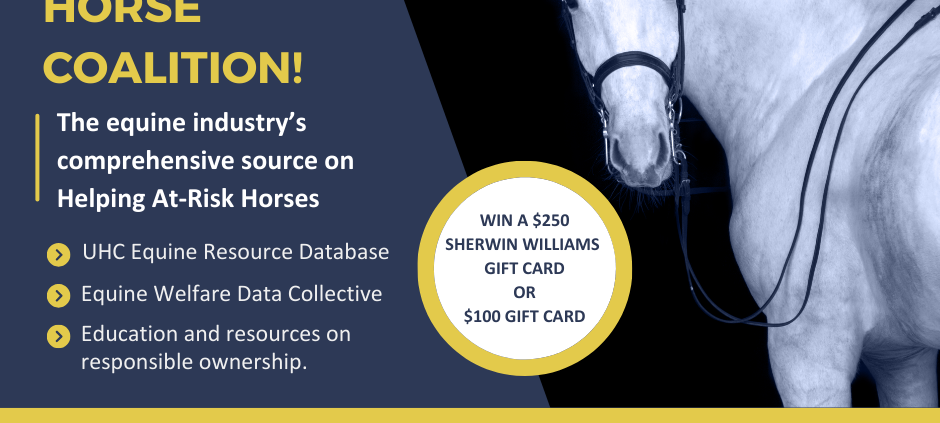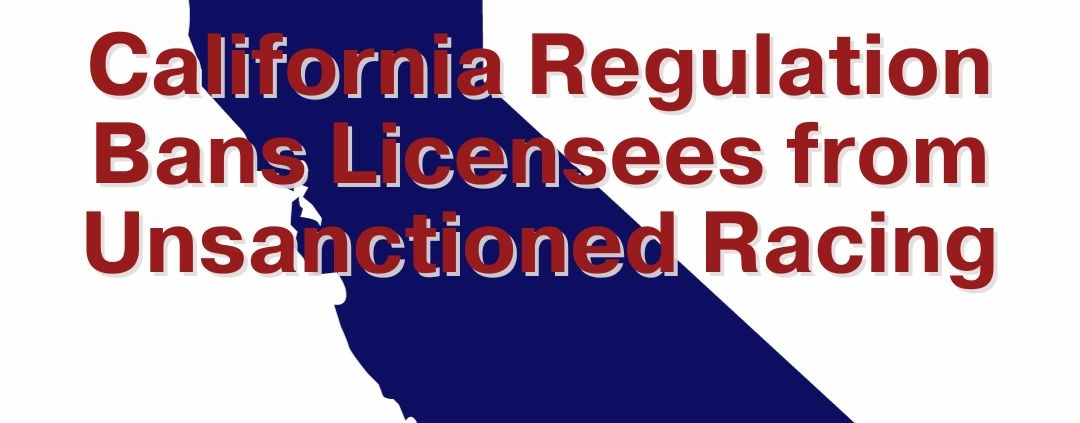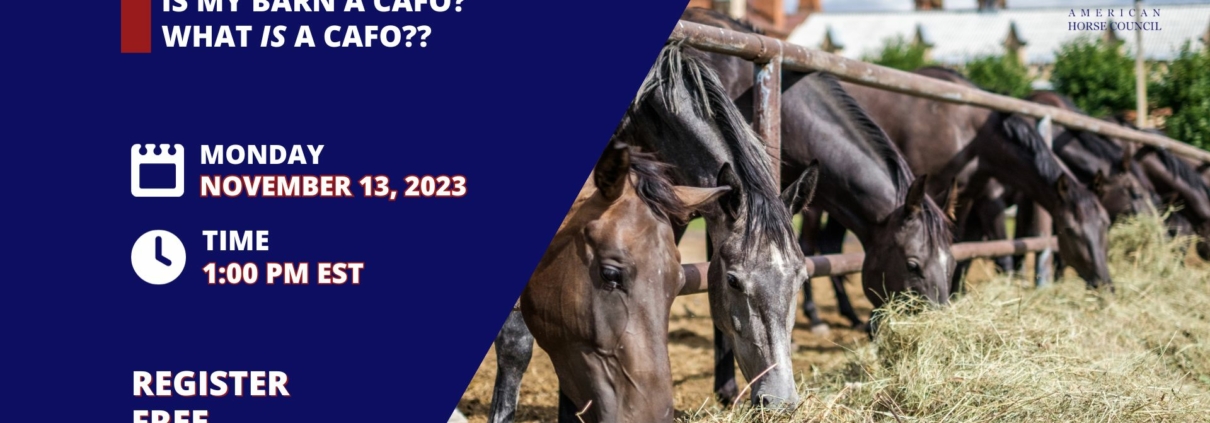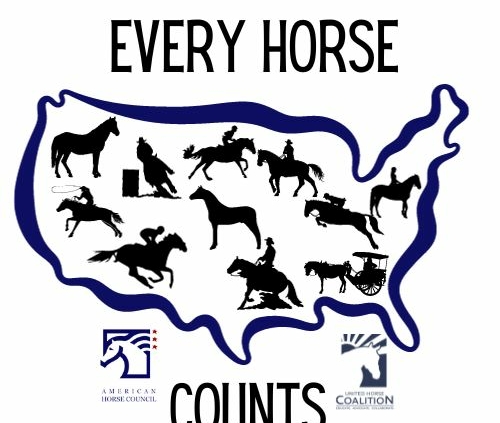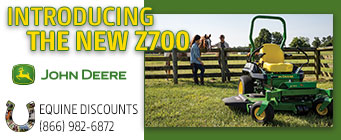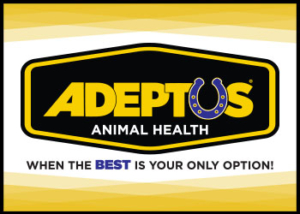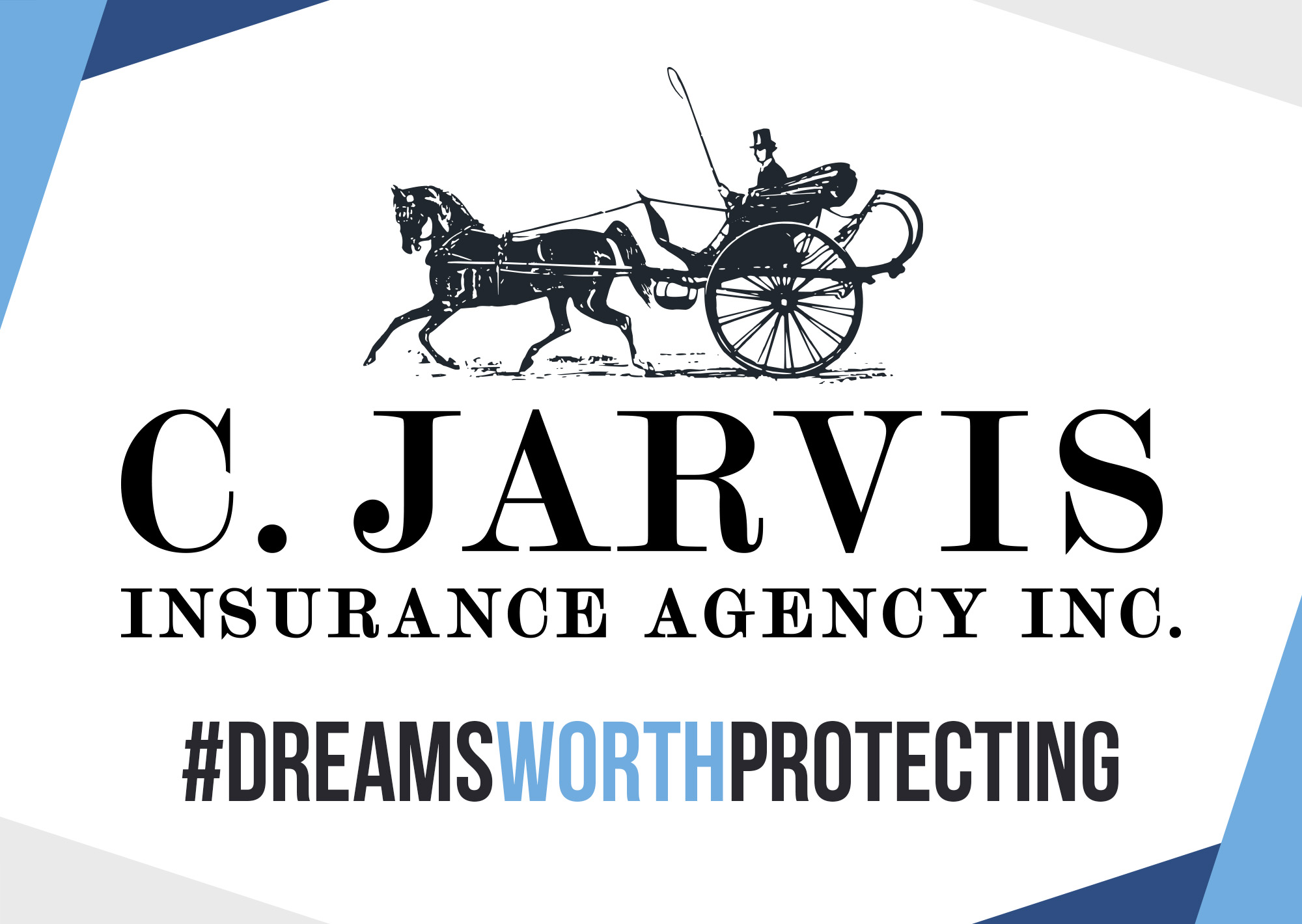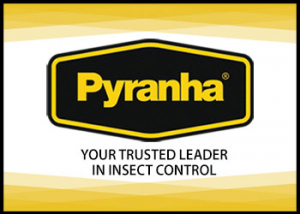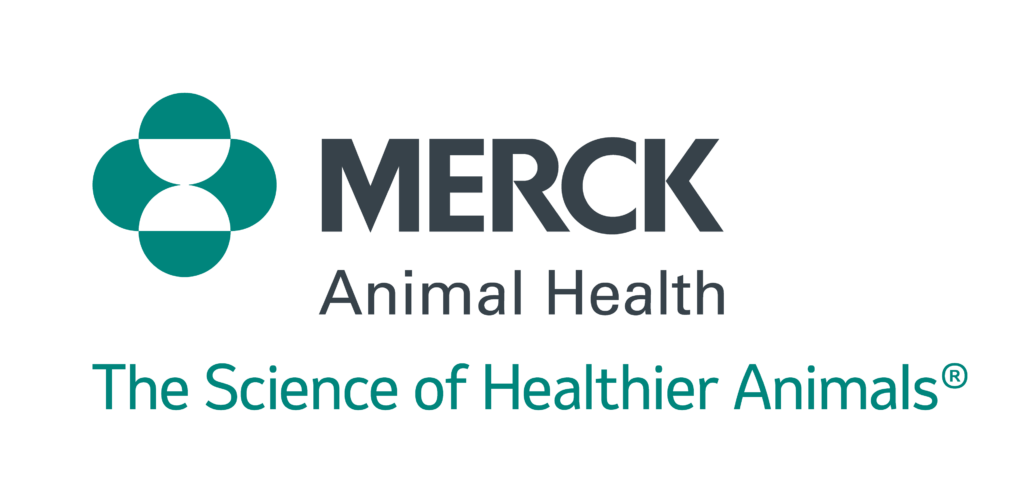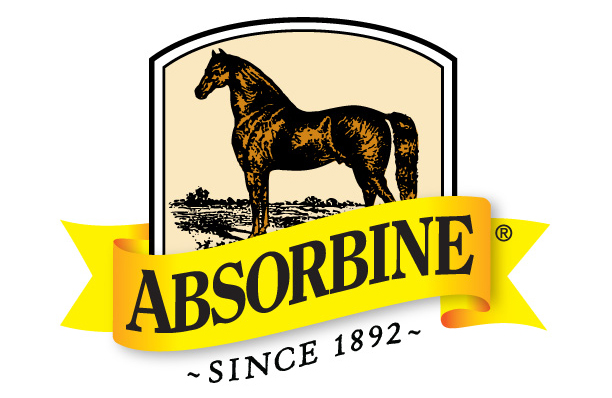Contact: Megan Arszman
United Horse Coalition
Phone: 202-296-4031
Email: media@horsecouncil.org
FOR IMMEDIATE RELEASE
November 9, 2023
United Horse Coalition Launches Membership Drive Contest
The end of the year is the perfect time to make a change and make a difference. Why not end the year on a more colorful note while supporting the United Horse Coalition (UHC)?
The UHC is hosting their membership drive as a reminder that each organization in our industry, no matter their capacity, or mission, can support horses that are at-risk or in transition. Now through December 14, any new membership with the UHC is eligible to win a little extra something to support their cause.
New members (or returning after more than two years) joining as a registered 501c3 rescue or sanctuary at the Non-Profit Membership level, will be entered into win a gift card for $250 from Sherwin Williams.
New members (or returning after more than two years) joining at the Full, Associate or Supportive level are eligible to win a $100 gift card from the American Horse Council.
“Because the UHC relies solely on our membership fees to continue the work we do, your support through your membership with the United Horse Coalition is critical to ensure the viability of the valuable resources we provide to the equine industry as a whole,” says Ashley Harkins, director of the UHC.
The UHC is a neutral entity and broad alliance of equine organizations that have joined together under the American Horse Council to educate, advocate, and collaborate industry wide on solutions to the issues that surround our nations at-risk horses and those in transition. The work that UHC does, ensures that every horse owner has access to the resources they need to keep their horse(s) safe at home should they fall on hard times, or barring that, help provide options to rehome their horse responsibly, ensuring that no horse need be put in a situation where they become at-risk. In addition to these essential resources, the UHC provides free presentations and educational materials to current and prospective equine owners on responsible horse ownership and breeding, estate planning, preparing for euthanasia and aftercare, responsible rehoming options, and more.
In supporting the UHC, you support providing resources and responsible options for horse owners who need our help the most, while helping to keep our industry alive and well. Your membership helps to provide resources to horse owners, who may even belong to your own clientele, member base or organization. The resources that UHC offers are free and are critical to ensuring the wellbeing of horses (and their owners) across every discipline throughout the entire equine industry.
The UHC is also home to the UHC Equine Resource Database as well as the Equine Welfare Data Collective–a collaboration that accumulates, analyzes, and reports data to enhance programming for transitioning and at-risk equines. The data found in the EWDC reports help us as an industry to have a better understanding of the true nature of what is really happening out there, not just anecdotally. The work UHC and EWDC accomplish on such a tight budget within the equine industry is no small achievement, and we are proud that the industry looks to, and trusts, the data supplied in these reports. This data is used to drive positive change and help organizations to improve their effectiveness across the industry in an effort to make lasting forward movement for at-risk equines and those in transition. Both the UHC and EWDC utilize the UHCERD in their daily work to help advance their respective missions within the equine industry.
To help us, help the equine industry, and the owners who need our support the most, please consider becoming a United Horse Coalition member organization: https://unitedhorsecoalition.org/become-a-member/
The contest is sponsored by the American Horse Council and the United Horse Coalition. No purchase is necessary to enter or win, and all legal residents in the 50 states of the United States and the District of Columbia are eligible.
Limit one entry per organization, per email address and per household. The winner will be selected and announced on or about December 16. The UHC will attempt to notify the winner via telephone or email, and if the potential winner cannot be contacted within five business days after the first attempt, the UHC will select an alternate potential winner.
-30-
The United Horse Coalition is a broad alliance of equine organizations that have joined together under the American Horse Council to educate the horse industry about the issues facing horses at-risk or in transition. We seek to provide information for existing and prospective owners, breeders, sellers, and horse organizations regarding the long-term responsibilities of owning and caring for horses, as well as focusing on the opportunities available for these horses. Learn more at unitedhorsecoalition.org
About the American Horse Council
As the national association representing all segments of the horse industry in Washington, D.C., the American Horse Council works daily to represent equine interests and opportunities.


